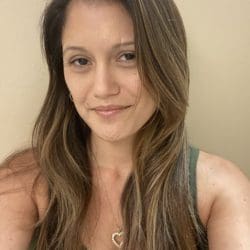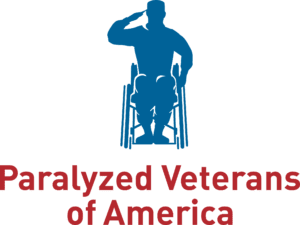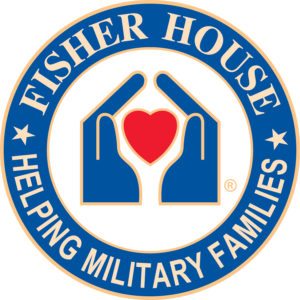Be the change you want to see!
What does being a military or veteran caregiver mean to you?
Being a veteran caregiver means the world to me. I am honored and humbled to contribute support and care to someone who is not only my Father but put his life on the line for his country and faced unspeakable tragedy as a Vietnam Veteran. My experience has encouraged my passion to advocate for all veterans, not just my dad.
What is one piece of advice you would offer to other military and veteran caregivers?
One piece of advice I would offer as a Veteran caregiver is to remember you are your care recipient’s advocate as well. The VA has a plethora of great resources & services but you often have to be the one to ask for them. Do your research and do not be afraid to ask.
At what moment did you realize you were a military caregiver?
When my dad got to the point of needing assistance with toileting and bathing and our relationship roles reversed, I was forced to confront the new reality. The incredible care and support we have experienced from the VA made me feel like part of something bigger than us.

My Story
Ashley is an only child who was raised by her single father Darrell, a Vietnam veteran, who was diagnosed with amyotrophic lateral sclerosis (ALS) in 2009. After losing her husband in a tragic motorcycle accident, Ashley became both the sole caregiver to her father, and a single mom.
Darrell suffered initial symptoms for years before doctors made an accurate diagnosis. After receiving the ALS diagnosis, Ashley and Darrell determined their local VA provider could not deliver the proper care. Fortunately, a social worker stepped in to help Ashley find the right provider within the VA health system.
Ashley quit her job, as her father requires around-the-clock care and support with all activities of daily living. Darrell has relied on a ventilator since 2016 and can only communicate with his eyes and smile to answer yes or no questions. In her own words, Ashley’s life has become “a never-ending cycle of watching her father’s conditions deteriorate.”
At times, Ashley has stayed in housing provided by a nonprofit for up to three months to be near her father during his hospital stays. She is lucky to have the help of her daughter, who is now 18, but has seen the toll it has taken on her socially and her ability to participate in extracurricular activities. Ashley has also lost the support and connection of family and friends.
She has done her best to continue her education, though it has been over an extended timeline. Ashley is now working on her Ph.D. in psychology, hoping to focus on quality-of-life research for veterans with spinal cord injury & disease and one day work in the VA health system.










